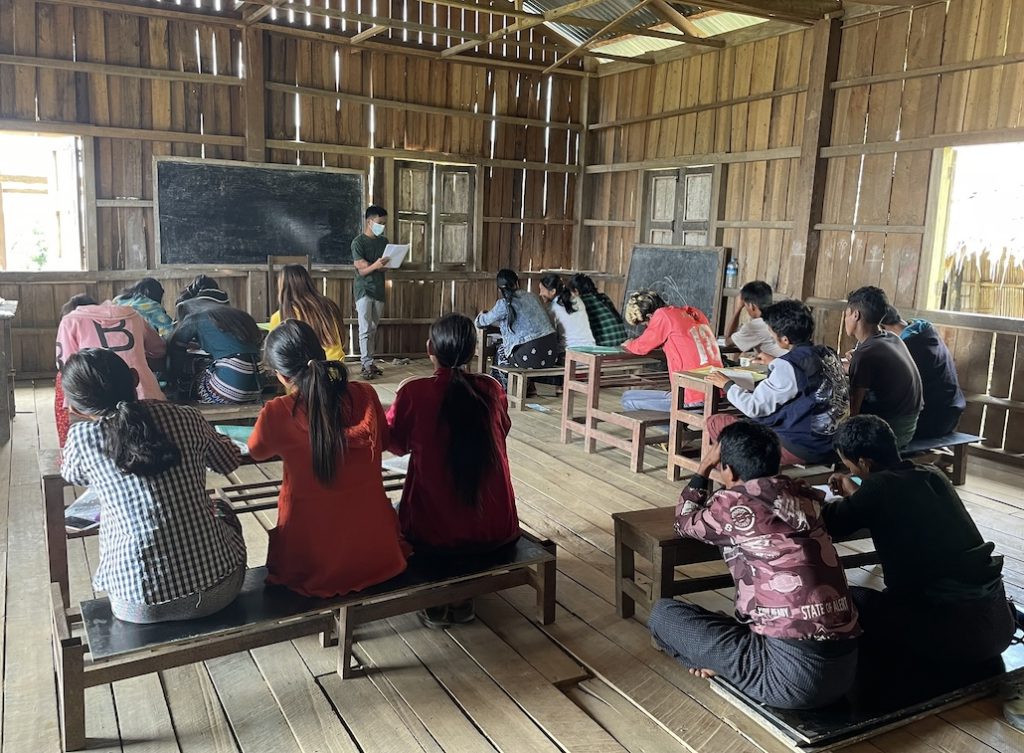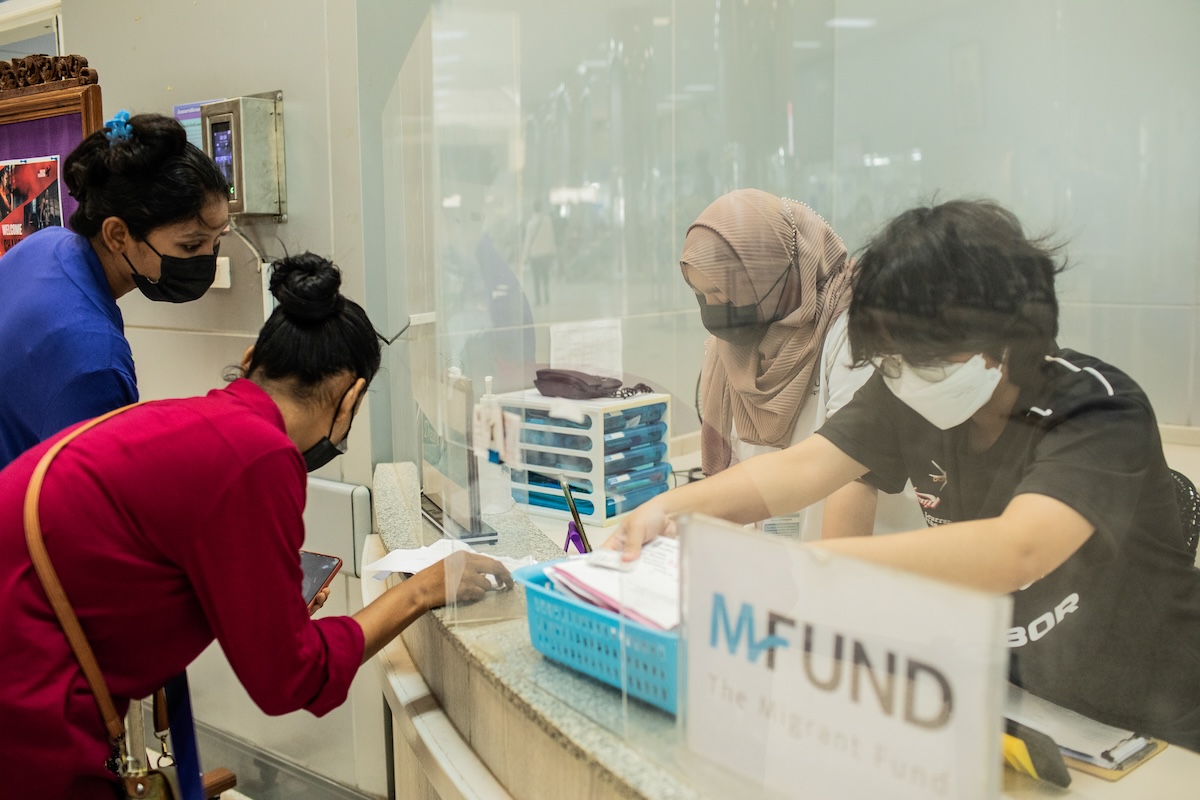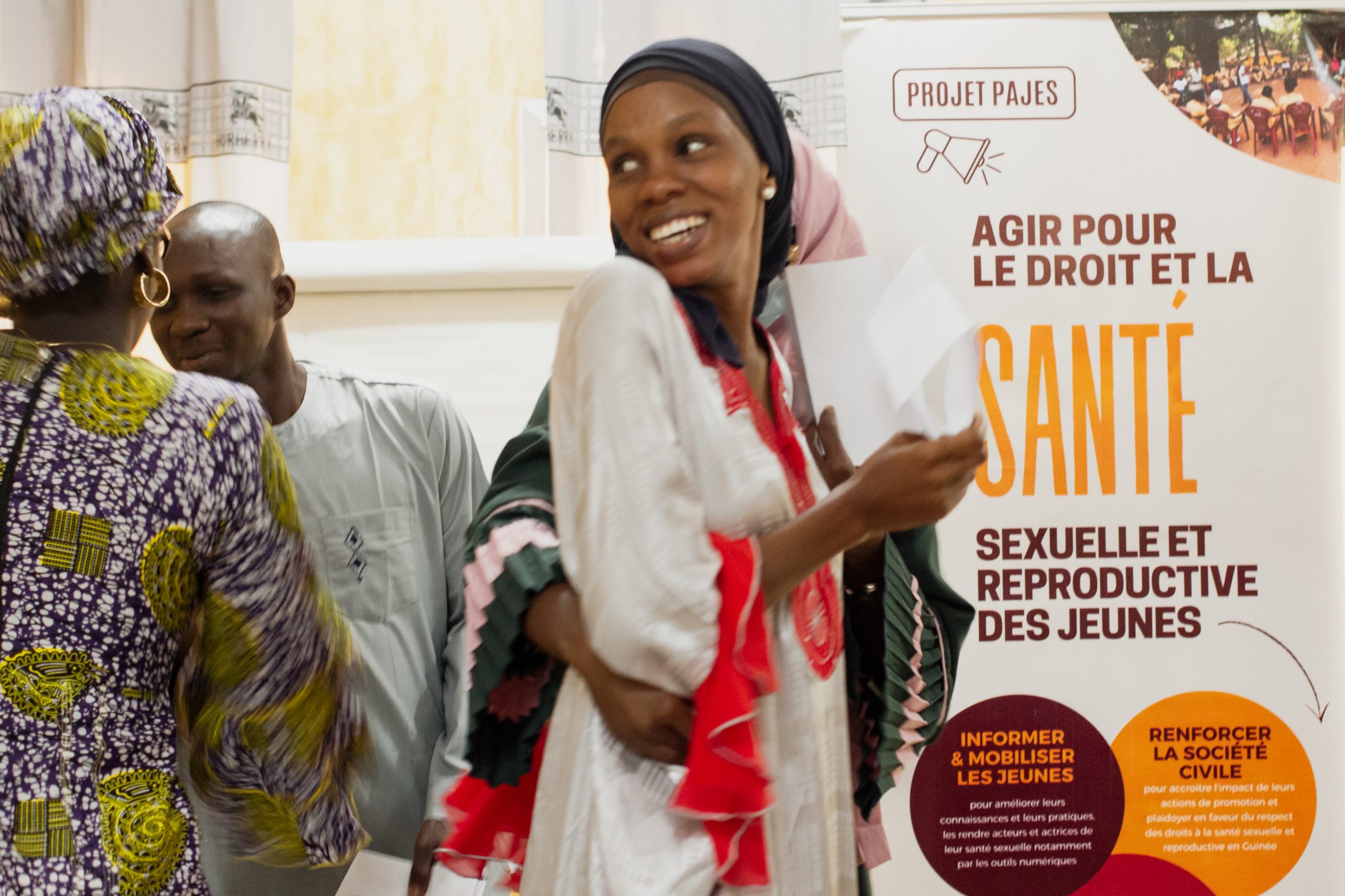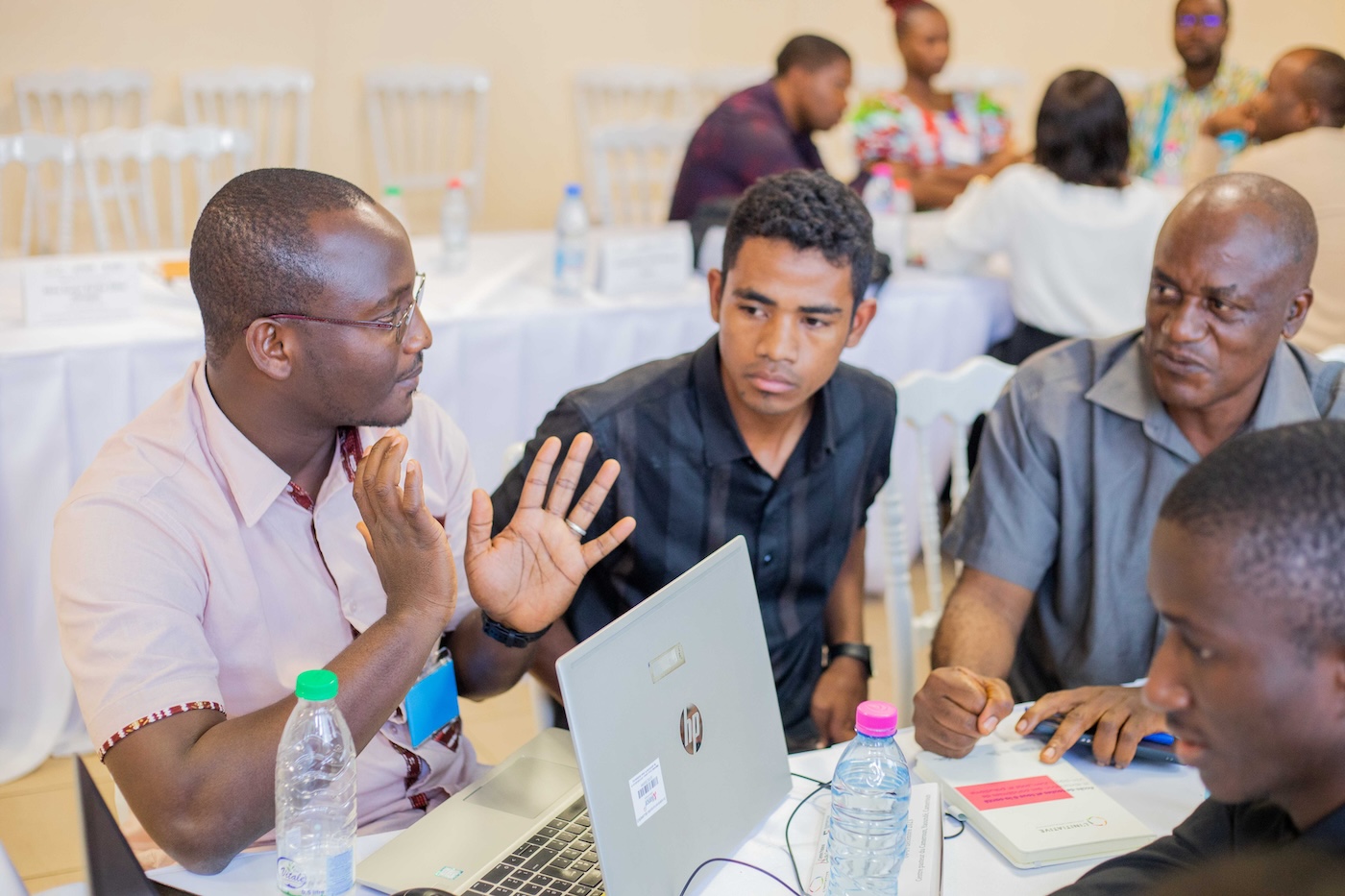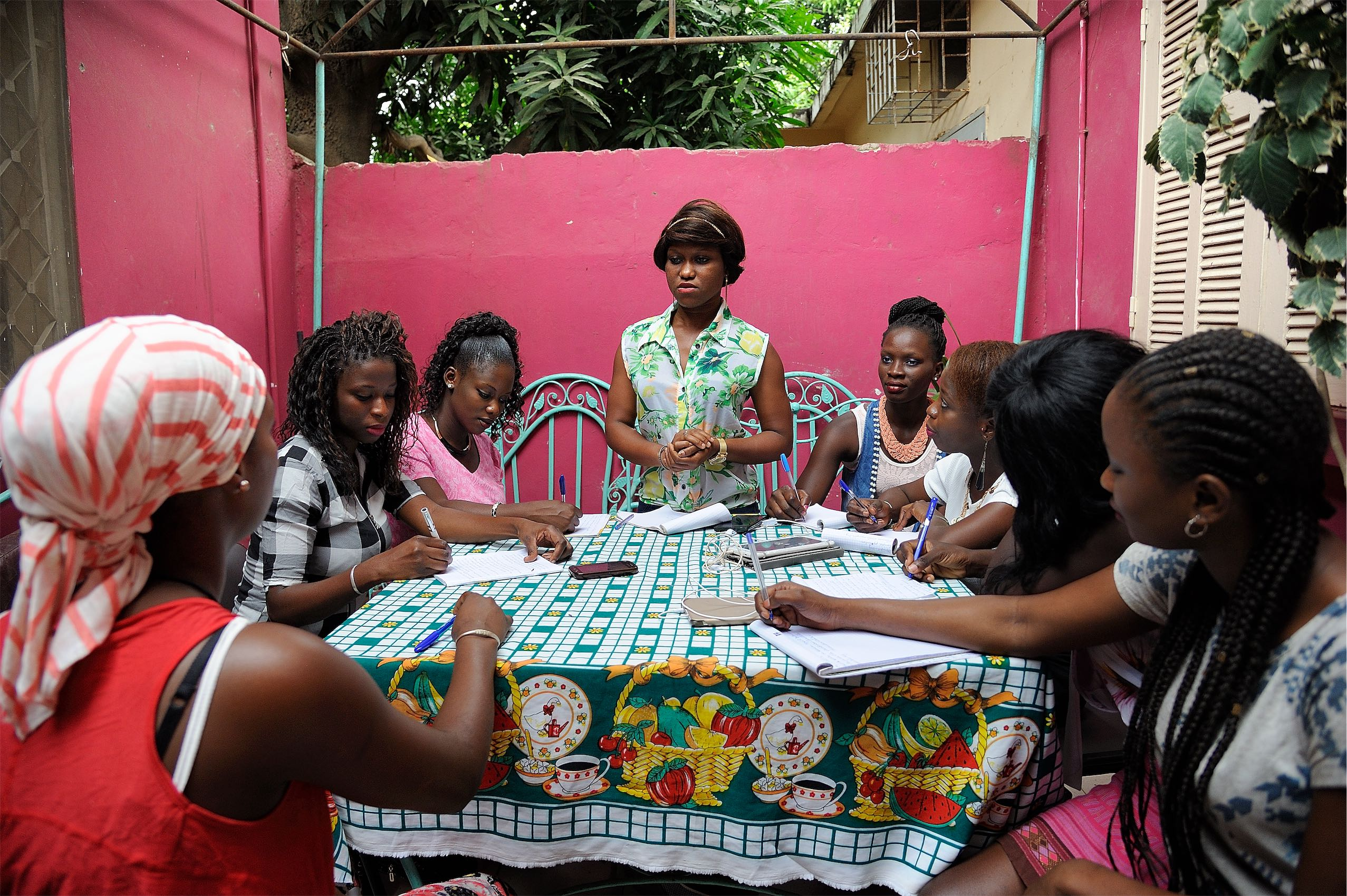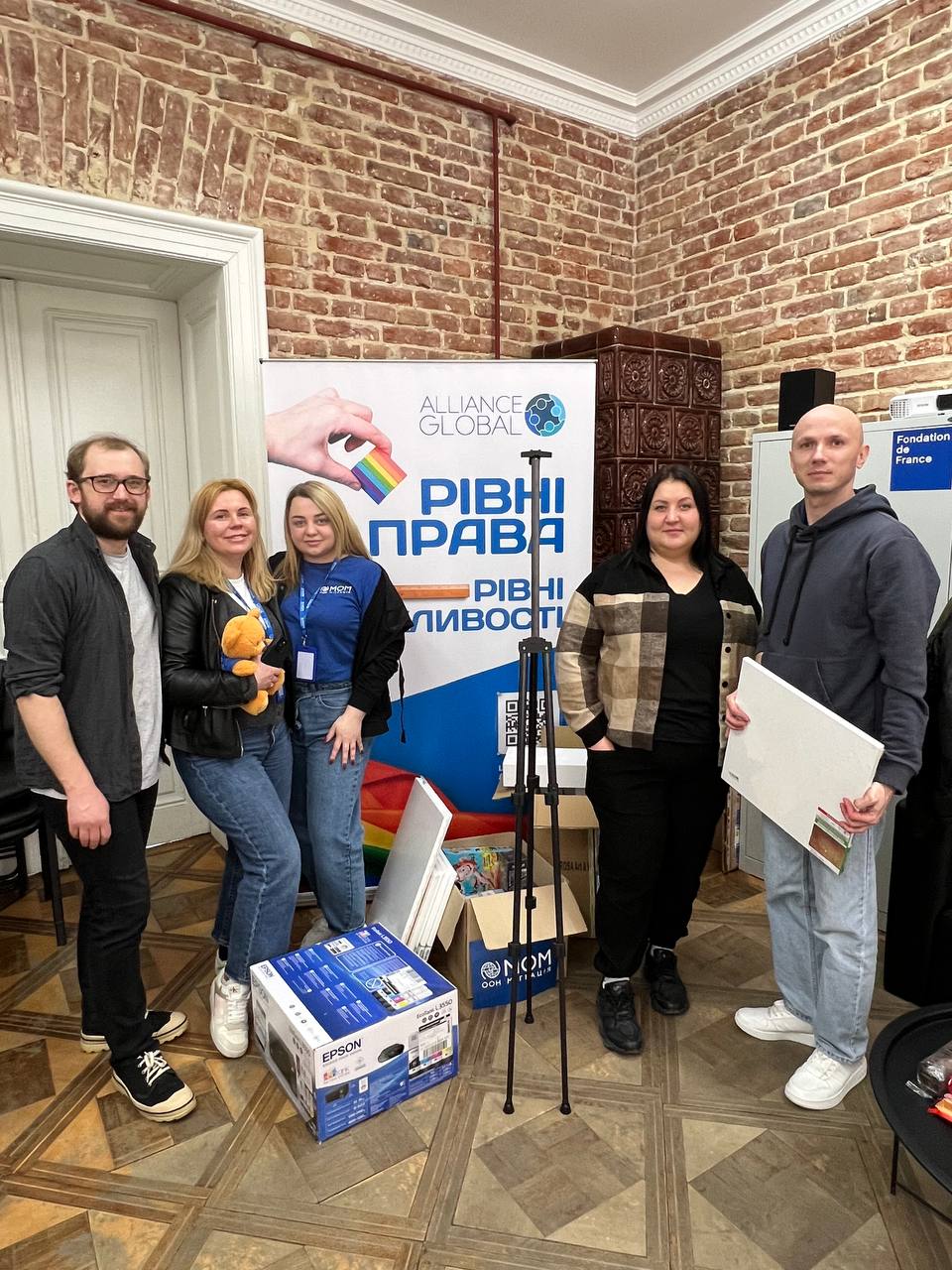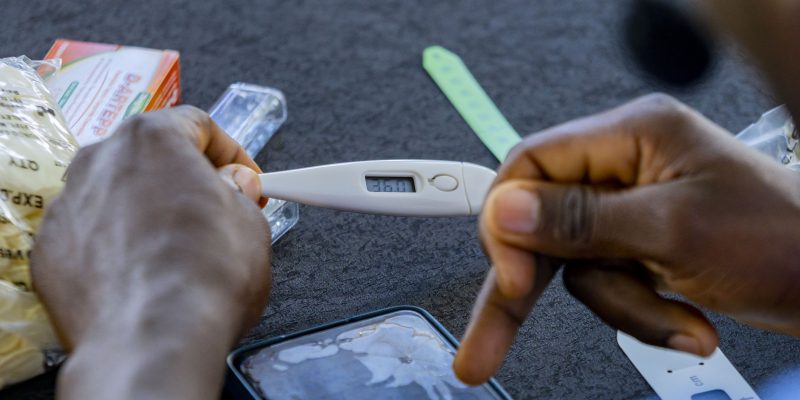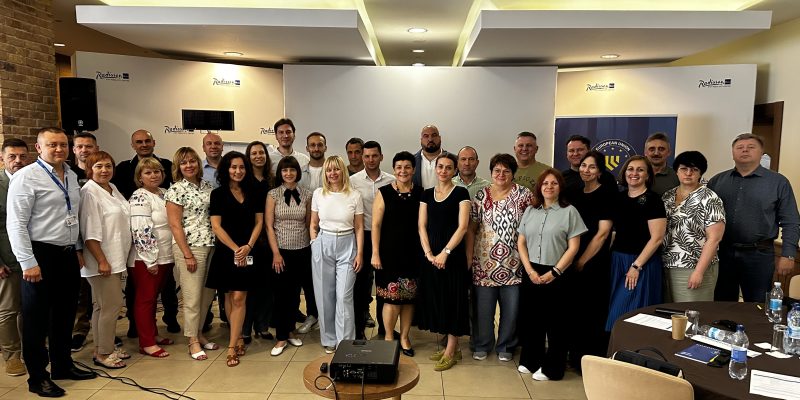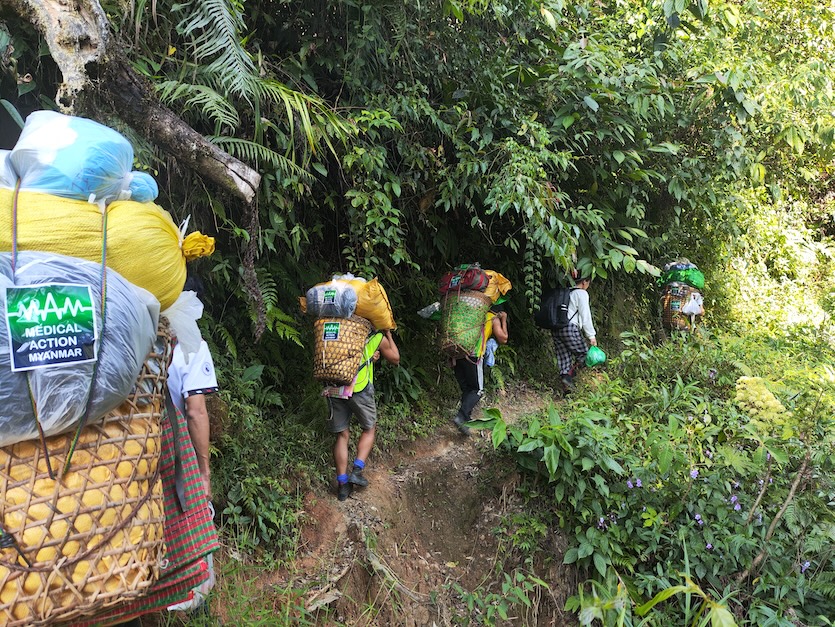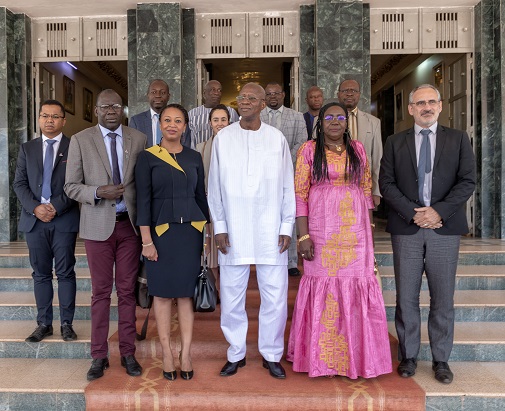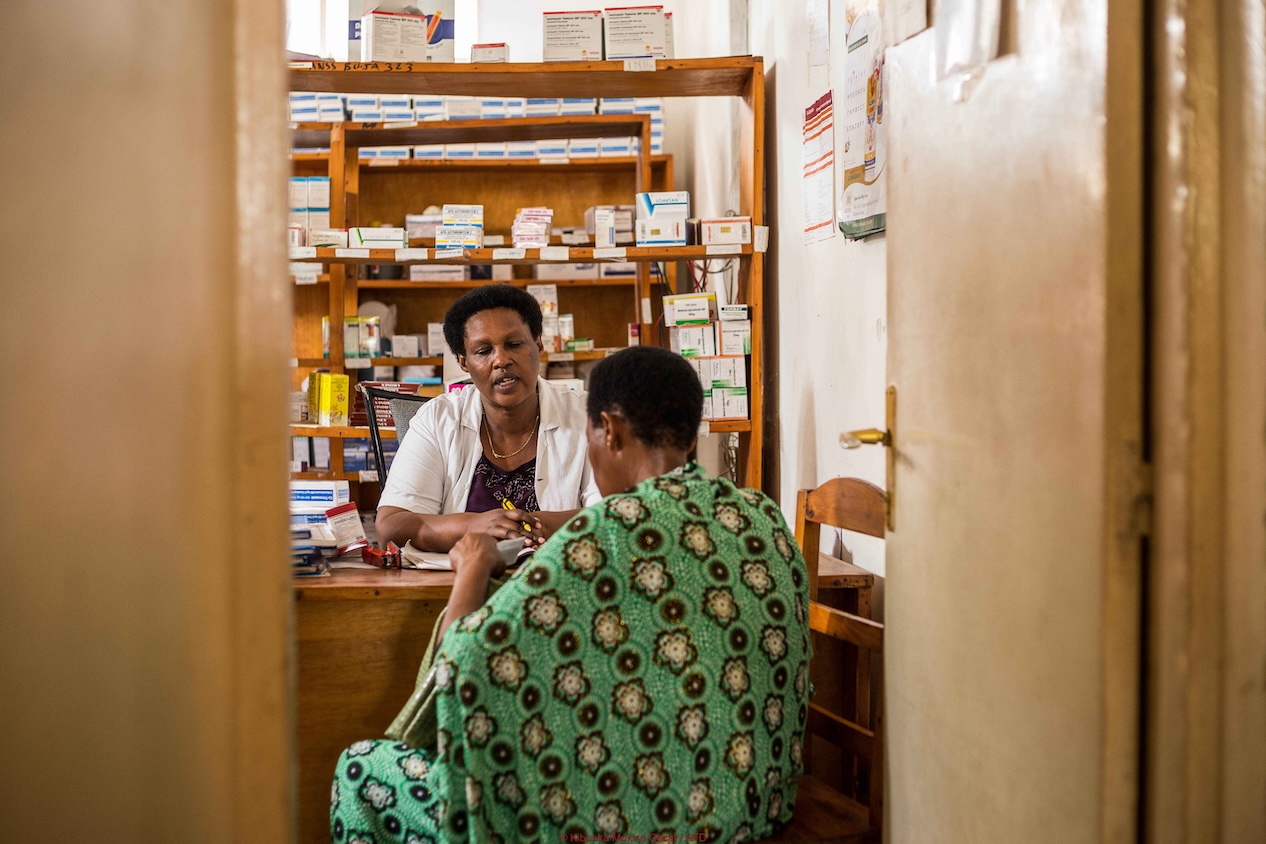The project aims to improve access to essential health services for marginalized populations in Karen State by strengthening local capacities and community resilience in the face of humanitarian crises.
Context
Since the 2021 military coup in Myanmar, the humanitarian situation has significantly worsened, especially in Karen State (Eastern region of Myanmar). Armed conflicts, combined with political and health crises, have devastated already fragile health infrastructures. In this remote and hard-to-reach region, marginalized populations–particularly women, children, and internally displaced people–suffer from limited access to basic health services. The destruction of villages and mass displacement exacerbate the difficulty in obtaining essential care. The project targets the most affected areas (Hlaing Bwe, Kawkareik, and Myawaddy), relying on a participatory approach. It aims to strengthen the capacities of community health workers and local leaders to address health emergencies, while promoting gender equity. Additionally, the project supports cooperation to combat diseases such as malaria and tuberculosis.
Description
Community consults, health resource and maps of the facilities, training of trainers, capacity-building workshops… the project will train community health workers and local leaders in crisis response, risk communication, and emergency management. Self-help groups will be formed to coordinate local responses to humanitarian crises and strengthen healthcare access, particularly for women and vulnerable groups. The initiative also fosters collaboration with civil society organizations, administrative bodies, and ethnic health organisations to improve diagnosis and treatment, focusing on malaria and tuberculosis in conflict areas. The project specifically aims to:
- Strengthen capacity of rural community health workers and village administrative leaders,
- Increase access to and utilization of local emergency health care services,
- Improve resources for vulnerable groups in accessing health care.
Impact
The project will strengthen the capacity of 3,700 community health workers and leaders, indirectly benefiting over 350,000 people. It will contribute to long-term community resilience and reduce the health risks faced by vulnerable populations in conflict-affected regions.
